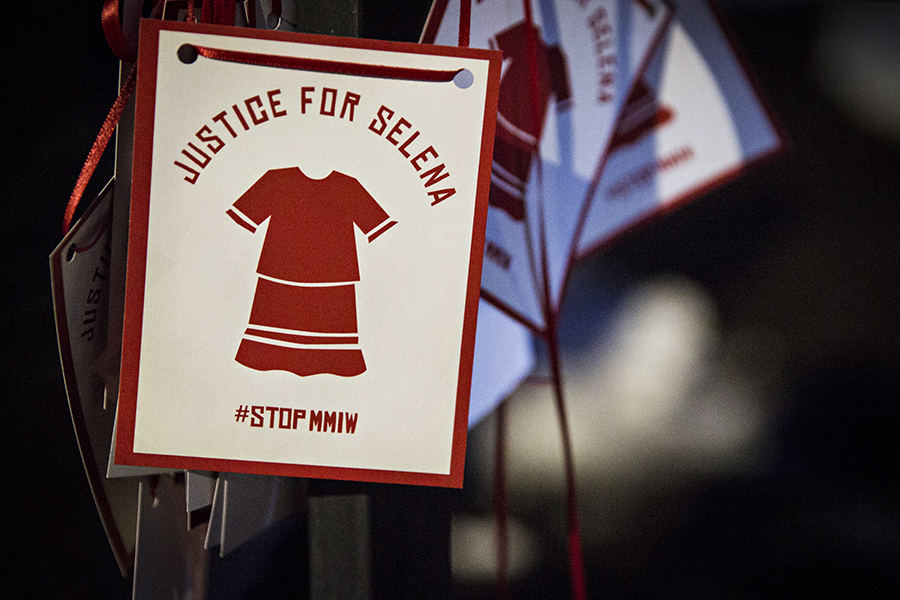Blackfeet Community College Launches Website to Streamline Reporting of Missing Indigenous Persons
Grant money allocated by Montana Legislature intended to improve case reporting for people in Indian Country
By Tristan Scott
In response to the scourge of missing persons cases that disproportionately affects Indigenous populations in Montana and across the nation, Blackfeet Community College (BCC) recently debuted a website and database to streamline the process of reporting cases to law enforcement.
It’s the latest effort aimed at battling the epidemic of missing and murdered Indigenous people in the United States, where women in particular go missing and are murdered at an alarmingly high rate, with more than 80 percent of Native American women experiencing violence. On some reservations, Indigenous women are murdered at a rate 10 times the national average, and even though tribal members constitute just 7% of Montana’s population, the state law enforcement identifies 26% of missing persons as Native American, which may be a low estimate.
The new website was created in collaboration with Montana’s Missing Indigenous Persons Task Force, which was convened to promote better crime data reporting and collection from law enforcement while creating guidelines for responding to such cases, among other duties.
To build the website, BCC received a $25,000 grant from the Montana Department of Justice, which was allocated by the 2019 Montana Legislature when it passed Senate Bill 312, the Looping in Native Communities (LINC) Act. The law requires a $25,000 match from the college, which the telecommunications company AT&T provided.
The LINC Act and the funding it designates help furnish tribal communities with a connected network designed to streamline the process of reporting and sharing missing persons data and allowing for a safe, easily accessible online reporting portal.
According to Drew Landry, the Missing Indigenous Persons LINC grant coordinator with BCC, the website allows families and friends to complete a Contact Information Form about the missing person online. In the past, people in Indian Country have expressed reluctance to report missing individuals directly to law enforcement, Landry said. The BCC reporting system will serve as a digital liaison between the reporting individuals and all levels of law enforcement. Once the form is submitted on the website, an automatic notice will be sent to local tribal law enforcement.
Volunteers from BCC are also on hand to provide support to the missing person’s family while working with law enforcement.
All data collected through the website will be shared with appropriate law enforcement entities including tribal, county, state, and federal agencies, according to Landry.
The initial rollout of the website focuses on the Browning area, home of the Blackfeet Nation, but other tribal communities in Montana will be added to the network within the next year. Additional information about missing persons, simultaneous posting to social media, and the ability to submit an anonymous tip about a missing person will also be available through the website.
According to Landry, the Blackfeet Community College student population had been actively campaigning to raise awareness to improve conditions for missing Indigenous persons for years, since the 2017 disappearance of Ashley Loring HeavyRunner, a 21-year-old Browning woman whose case remains a mystery.
“This grant gives us the opportunity to move from awareness to helping our community with the process of reporting missing loved ones,” Landry said. “The website, reporting portal and database are important tools that encourage communication between the public and law enforcement.”
Landry said working with community members to address the root causes of the missing and murdered epidemic in Indian Country remains a priority, as does “collectively working together to address any jurisdictional or legal loopholes that will help solve cases.”
Montana State Sen. Jason Small, R-Busby, a member of the Northern Cheyenne Tribe and sponsor of the LINC ACT, said the new website is an example of how new legislation can have a long-lasting impact on Native American communities statewide.
“This is a large step in the right direction,” Small said.